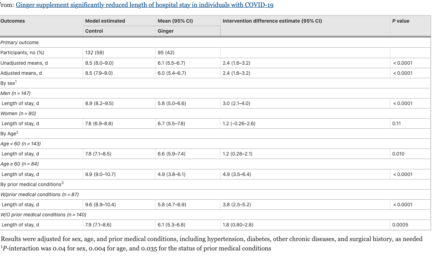New findings from Flinders University, in collaboration with international experts, have shed light on the molecular structures of dangerous PF4 antibodies associated with vaccine-induced thrombosis (VITT) and similar disorders following common cold infections. This groundbreaking research highlights significant implications for future vaccine development and disease management.
The Discovery of VITT
VITT emerged as a new condition during the peak of the COVID-19 pandemic in 2021, linked primarily to adenovirus vector-based vaccines such as the Oxford-AstraZeneca vaccine. It was determined that VITT is caused by a harmful blood autoantibody targeting platelet factor 4 (PF4). In 2023, researchers from Canada, North America, Germany, and Italy identified a similar disorder involving the same PF4 antibody, which was sometimes fatal after natural adenovirus infections, commonly responsible for colds.
Molecular Insights and Genetic Risk Factors
In 2022, Flinders University researchers Dr. Jing Jing Wang and Professor Tom Gordon, Head of Immunology at SA Pathology, decoded the molecular structure of the PF4 antibody and identified a genetic risk factor linked to the IGLV3.21*02 antibody gene. Their recent collaborative research, published in the New England Journal of Medicine, has revealed that PF4 antibodies in both VITT associated with adenovirus infections and adenoviral vectored vaccines share identical molecular fingerprints.
Implications for Vaccine Development
“These findings, using a completely new approach for targeting blood antibodies developed at Flinders University, indicate a common triggering factor on virus and vaccine structures that initiates the pathological PF4 antibodies,” explains Professor Gordon. This discovery suggests that the pathways of lethal antibody production in these disorders are virtually identical and have similar genetic risk factors.
Dr. Wang, the first author of the new article, emphasizes the broader impact of this research: “Our findings have the important clinical implication that lessons learned from VITT are applicable to rare cases of blood clotting after adenovirus infections. This also has significant implications for improving vaccine development.”
Collaborative Efforts and Future Research
The study, titled “Antibody Fingerprints Linking Adenoviral Anti-PF4 Disorders,” is a product of extensive collaboration among researchers from various countries and institutions. The research received support from the German Research Foundation, the European Medicines Agency, the ASH Global Research Award from the American Society of Hematology, the Gerhard Domagk Research Program, and a Flinders Foundation Health Seed Grant.
These findings pave the way for future research aimed at enhancing the safety and efficacy of vaccines and developing better management strategies for related blood clotting disorders. The insights gained from understanding the molecular structures of PF4 antibodies could lead to breakthroughs in preventing and treating these potentially life-threatening conditions.












